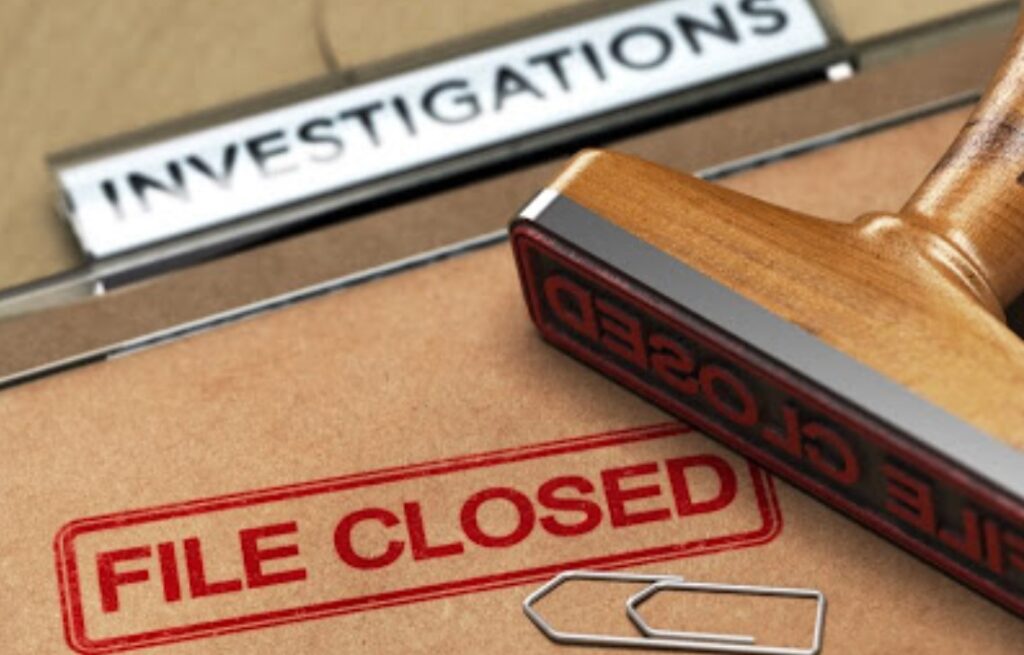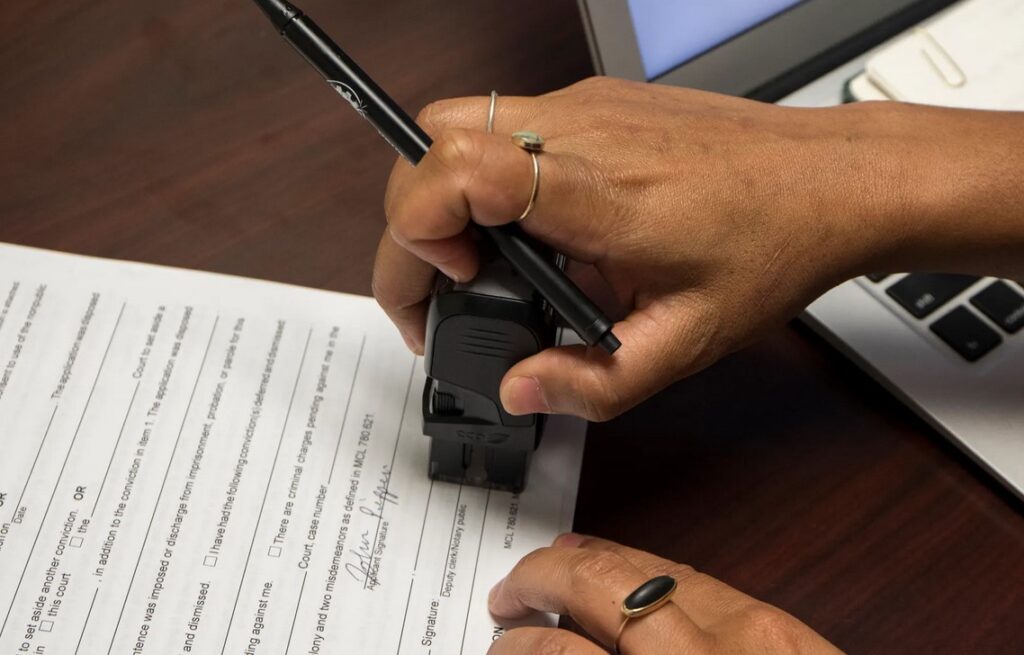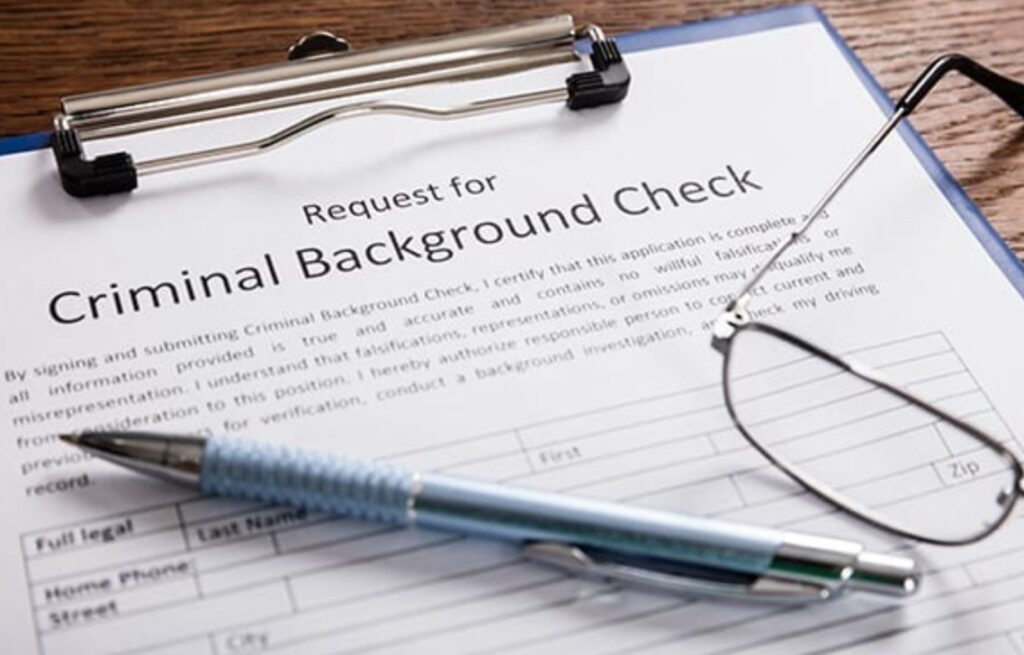
Whenever you are charged with an offense anywhere in the United States, a record is created whether or not you are found guilty. This record can be accessed by the public and may affect your chances of landing a job or getting certain treatments. For this reason, most people look to have their cases expunged or sealed upon completion of their cases. You should, too, if you don’t want your past to have a sway on your future. here are some tips to help you out:

1. Knowing how to begin:
To begin with you need to know how the court system works and how cases are processed. For this you need to understand that different courts have different processing limitations. For example in Limited Jurisdiction Courts works by going through five processes i.e, Initial appearances, arraignment, trial, sentencing and appeals. Superior courts work quite similarly and mostly criminal and civil cases are presented. In criminal cases the five different stages of processing are Arresting, initial appearance, preliminary hearing, arraignment and trial. Whereas in civil cases disputes are solved with respect to documents and discoveries made throughout the case. The cases in which the defendant or the person filing a case does not see the judgement to be fair it can be further challenged in supreme court. All this process can be super firm but for that you need to know the basics of how things work and where to begin from.

2. Go with a lawyer:
According to kevinkennedylaw.com, seeking an expungement order from the court is a drawn-out and knotty process that you can’t maneuver alone. Well, you do have the right to represent yourself, but courts don’t take your lack of legal know-how into consideration when discussing your case. In a word, you don’t get any special treatment for not showing up with a lawyer. Seeking the services of a law firm to help get your request granted early and even save you the need to show up in court. What’s more, there will be a reduced risk for costly mistakes, and your request will have a greater chance of succeeding.
And if your felony record is not actually suitable for expungement, it helps to keep checking—as the rules in this region are continually changing and compensation can become possible at a later date. Talking to a counselor or attending a court self-help facility or legal assistance clinic will help you navigate the expungement rules of your state and find out what type of compensation you would be entitled to mitigate.
But on your own end you need to be vigilant enough to know everything happening related to your case. First of all you need to read your complaint or even if you are the defendant go through the complaint you are to defend or file. You will be able to recall all the important information related to the event which will help you in knowing how and what you will do or need to pursue the case. It will also help you in knowing the strengths and weaknesses of your own case since self analyzation will lead you to a clearer picture of things. This will help you to generate more vital points to connect to your case, maybe to defend yourself in front of the judge with more evident points on which you can generate the focus rather than creating useless disputes on little issues trying to defend yourself.

3. Have copies of all documents related to your case
Your eligibility for expungement is partly dependent on the availability of crucial records relating to your case. You will need to provide the following information:
- Your arrest date, or documents showing the day you were put into custody if you were a juvenile
- The offenses that had you arrested or taken into custody
- The disposition date
- Your specific punishment, if any
If you don’t have some of this information, the lawyer that represented you on the case probably has. Check with them to save yourself the hassle and time. This will also help in creating the outline of the trial that’s going to take place at the court.

4. Honor your court date if you are asked to
While some counties give you a court date right when you request for an expungement or record sealing order, some don’t do it automatically. Usually, you will get a court date if one or more of the agencies listed in your Notice of Filing doesn’t approve your request. The judge gives you a chance to dispute the objection and show how the request being denied will negatively affect you. Your lawyer will help you with this. But always remember not to lose it and be polite in matters of court.

5. Don’t give up if your request is denied on the first try
If your record expungement or sealing request is denied, it doesn’t mean all hope is lost. You can still file for reconsideration, but it is best that you don’t approach the judge with the same reasons as last time. You can try with different defense and legal documents in the higher courts to ensure your request is not denied this time. To make your case strong add only the legal requirements and the documents that make your stance clear rather than adding every bit of unnecessary information. Also you can present your case to a trusted friend so you can practice your comments and avoid the things that you unknowingly said while practicing. Denial can be caused by anything, from filing the request without legal counsel to failing to defend yourself against an objection. If you didn’t have a lawyer by your side on the first try, the most obvious solution is to arm yourself with one during your appeal.
Endnote
Expunging or sealing a criminal record doesn’t have to be difficult, but without proper representation, you will struggle to get your wish granted. Use the above tips to increase your chances of success.
















